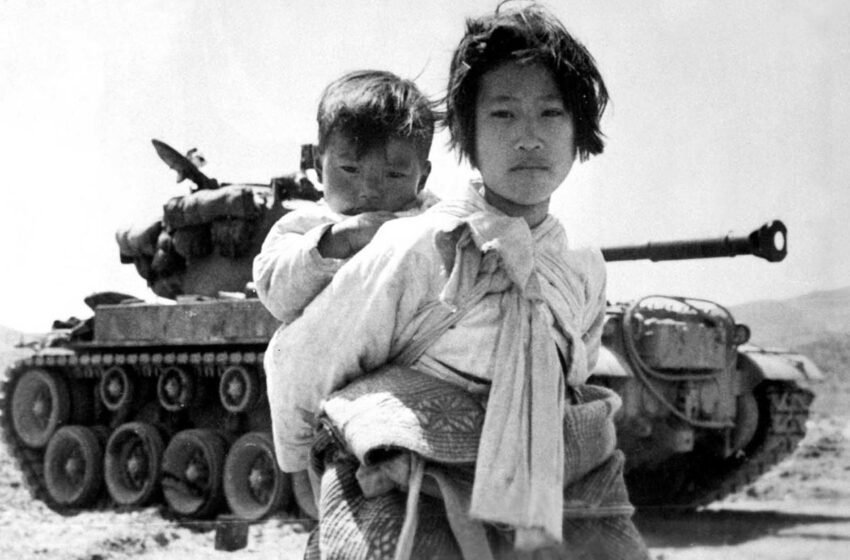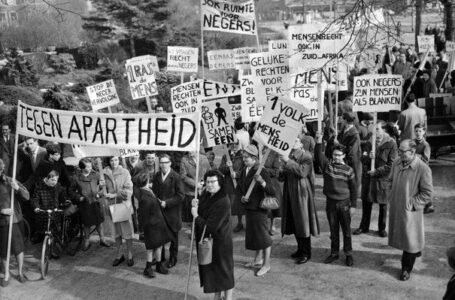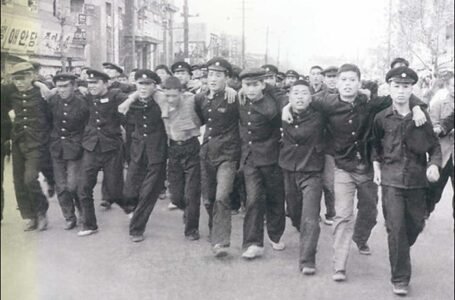The Forgotten War: How the Korean Conflict Never Officially Ended

-Mili Joshi
From 1950 to 1953, North and South Korea waged a terrible war that left millions of innocent civilians dead and cities in ruins. At the end of that fighting, however, there was no peace treaty; only an armistice. Technically, the two Koreas are still at war today. This “frozen” conflict has spanned over 70 years and occupies the space of politics, security, and everyday life in East Asia. It is one war that most people can easily forget, but it would be impossible to forget if one lived under its shadow.
How It Started
At that time, it was after the Second World War, for Korea, which used to be under Japan, was another piece of land divided along the 38th parallel. The North was under Communist rule, supported by the Soviet Union, while the South had a capitalist regime from the United States.
The division was only temporary at first, but as the Cold War deepened, it hardened itself into two different governments, each claiming to be the legal authority over the entire Korea.
The army of North Korea crossed the 38th parallel on June 25, 1950. This marked the beginning of an unexpected invasion, and the war that would follow would draw in the two superpowers of the world, the United Nations, and even China.
Three years of atrocities:
The Korean War was fast-moving, bloody, and devastating.
Seoul changed hands four times.
Cities lay in ruins.
Millions of civilians fled their homes.
American and United Nations forces pushed back the North, but when China intervened at the end of 1950, once again the front lines were shifted. By fifty-one, the war settled into a stalemate along the thirty-eighth parallel right back where it started.
The Armistice, Not a Peace Treaty
The Armistice Agreement established a DMZ; the 250 km of land between North and South is guarded quite heavily even to this day.
However, the armistice was merely a ceasefire. No peace treaty was ever drawn up. No formal end to the war has ever been executed. Technically, a situation still exists wherein the war was never said to have ended.
Life Under the Shadow of War
For people in the South, the war is both past and current. Cities like Seoul are modern hubs of technology and culture; yet, just 35 miles north lies the DMZ, and beyond it sits one of the most militarized states in the world. In North Korea, on the other hand, the war is core to the identity of the state. It is used as constant evidence to embody the need for vigilance against external threats and provide justification for huge nonconventional military and nuclear programs.
Why the War Matters
The unresolved war in Korea is not an odd historical phenomenon. It very much shapes the current setting of geopolitics. American military presence: America is still deploying tens of thousands of troops in South Korea. Nuclear tensions: North Korea’s weapons programs have brought the country into the international limelight.
Regional players: China, Japan, Russia, and America have interests in this space.
Every diplomatic act, peace processes, missile tests, or otherwise, all influenced by the fact that the war has never been formally ended.
Attempts at Peace
For many decades afterward, sometimes the world felt hopeful. Summits were held between the leaders of North and South Korea in 2000 and 2007. In 2018, the two even signed a declaration to work towards a peace treaty. But too often, political pressure from one side or the other, a military incident, or outright mistrust would derail even the most well-intentioned effort. The DMZ is still one of the most militarized borderlines in the world.
The “Forgotten” War
In the eyes of many nations, the Korean War had more significance than World War II or the Vietnam War. In America, it is occasionally called the Forgotten War. Yet, for the Koreans themselves, whether North or South, the war has never been forgotten. There are still families separated. The borders remain tightly closed. The political consequences of the war continue to unfold even now.
Final Thoughts
The Korean War may indeed have stopped in 1953, but it never ended. It lives on in the DMZ’s watchtowers, in North Korea’s missile tests, and in the uneasy peace that hangs over the peninsula. It is a reminder that some conflicts do not really end; they just sit tight in a frosty state, patiently awaiting the day when the warmth of history will set them free.


